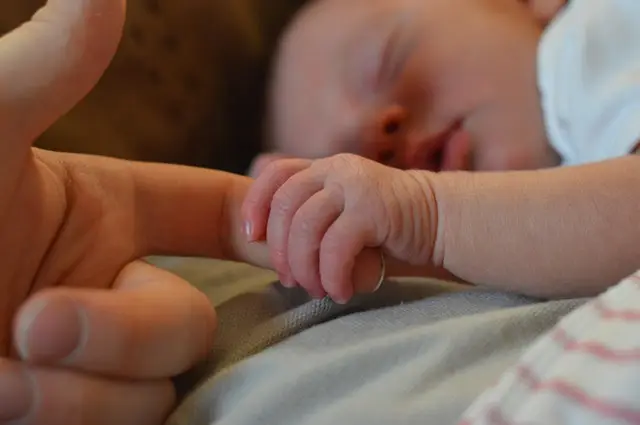WASHINGTON – Pro-life advocates have commended the U.S. Supreme Court’s decision to consider the constitutionality of a Louisiana pro-life law, potentially setting up what abortion-rights supporters say would be the repudiation of a ruling by the justices that is only three years old.

The high court announced Oct. 4 it would review a lower court opinion regarding a Louisiana requirement that an abortion doctor must have admitting privileges at a nearby hospital. The Fifth Circuit Court of Appeals in New Orleans had upheld the 2014 law, which is intended to protect the health and lives of women who suffer complications from abortion.
“The Supreme Court has an opportunity to uphold safety and common sense,” said pro-life Sen. Ben Sasse, R-Neb. “The only folks against this are big-abortion businesses and their armies of lawyers. This case should be a clear open-and-shut decision.”
Carol Tobias, president of the National Right to Life Committee, said, “For a movement that purports to advocate for women’s health, it is bizarre that the abortion industry opposes laws like this. What are they so afraid of? What’s wrong with the abortionist that he can’t get admitting privileges at a hospital?”
In February, the Supreme Court blocked enforcement of the Louisiana law while it was under appeal, with Chief Justice John Roberts joining four liberal court members in the majority.
At the time, Travis Wussow, general counsel and vice president for public policy of the Southern Baptist Ethics and Religious Liberty Commission, said, “We are disappointed this law has been enjoined, but we are hopeful that the state of Louisiana will prevail in the end. The abortion lobby’s relentless opposition to regulations like these exposes the industry’s drive for profits above all else.”
Abortion rights advocates, meanwhile, saw the Supreme Court’s Oct. 4 decision to accept the case as an ominous sign it is poised to reverse its 2016 ruling regarding a similar Texas law.
“Access to abortion is hanging by a thread in this country, and this case is what could snap that thread,” said Alexis McGill Johnson, acting president of Planned Parenthood Federation of America. “Three years ago, the Supreme Court decided that laws like this one in Louisiana had no purpose other than to make abortion more difficult to access. This is what we’ve warned about – the Trump administration and anti-abortion state politicians will not stop until they have gutted our rights and our freedoms.”
In 2016, the high court ruled 5-3 that portions of a Texas law that regulates abortion doctors and clinics constitute an “undue burden” on a woman’s right to abort her child and are therefore unconstitutional. Overturning a Fifth Circuit opinion, the justices invalidated a section mandating admitting privileges for an abortion doctor. They also struck down a requirement an abortion clinic must meet the health and safety standards of other walk-in surgical centers.
Defenders of the Louisiana law say it does not include the health and safety requirements of the Texas law and the situation in the state does not burden women seeking abortions like the Texas mandate did.
Louisiana’s Unsafe Abortion Protection Act requires a doctor to have admitting privileges at a hospital within 30 miles of the abortion clinic where a procedure is performed. While a federal judge struck down the law, a three-judge panel of the Fifth Circuit reversed the decision in a 2-1 ruling in September 2018. The appeals court denied in January a request for a review by all the judges.
The measure – introduced by Democratic Rep. Katrina Jackson – gained passage with overwhelming, bipartisan majorities in both houses of Louisiana’s legislature.
Since the decision on the Texas law, President Trump has nominated Neil Gorsuch to replace the late Antonin Scalia, who died in 2016 before that ruling. When Associate Justice Anthony Kennedy retired last year, Trump nominated Brett Kavanaugh. The U.S. Senate confirmed Gorsuch in April 2017 and Kavanaugh last October. Both are considered strict constructionists regarding interpretation of the U.S. Constitution and likely votes to uphold protections for women and unborn children.
The case is June Medical Services v. Gee.
Written by Baptist Press, the official news service of the Southern Baptist Convention.

